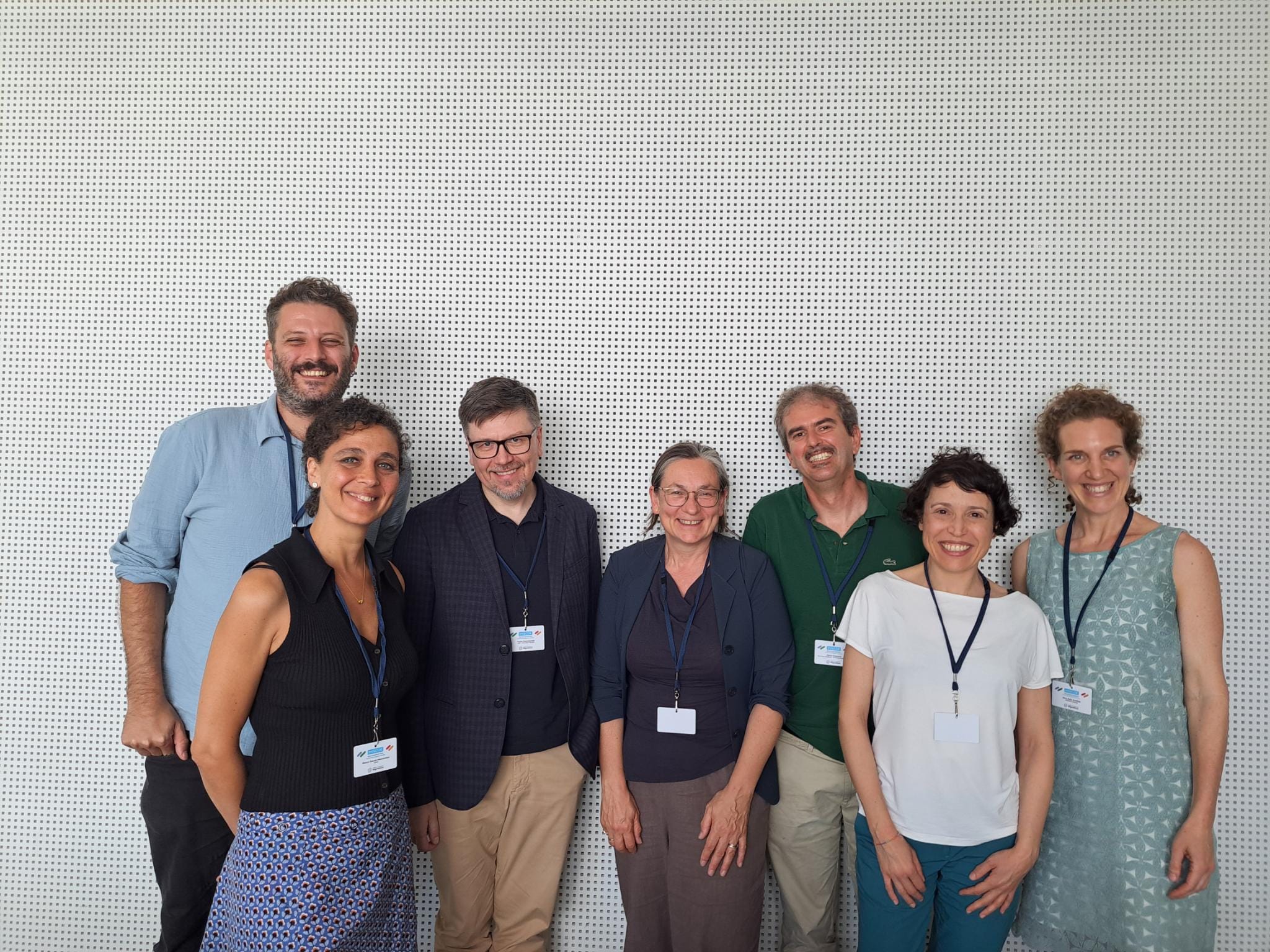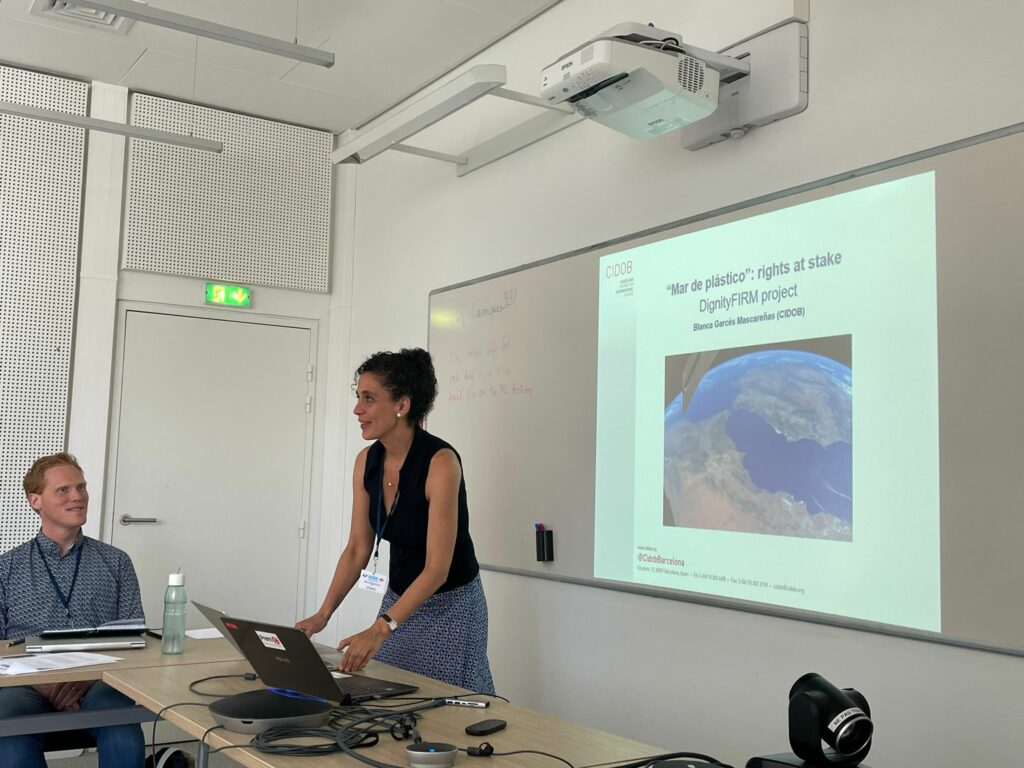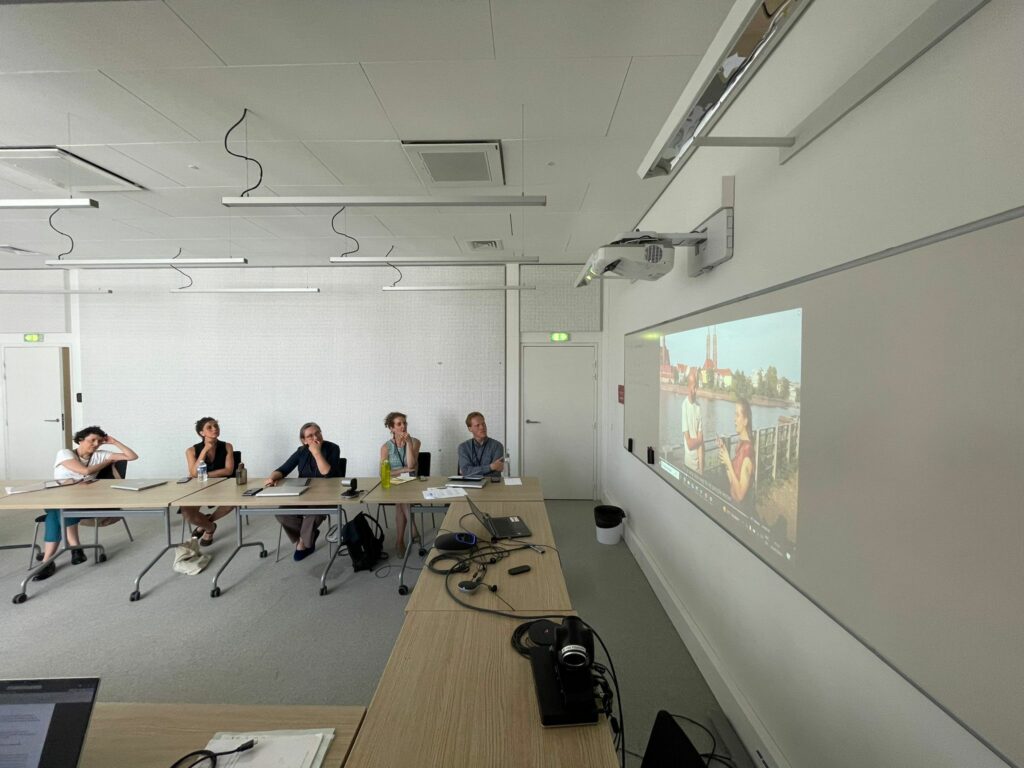
28 Jul The Voice of Migrant Researchers: Participatory Action Research
Exploitative working conditions often deprive migrant workers of the time and space to reflect on their experiences, both their labour realities and their migration journeys. Creating spaces for collective reflection is essential, as they make it possible for migrant workers to recognise their own voices as political and to take an active role in shaping the conversations and policies that affect them. As echoed in the Sevilla Manifesto, these are key elements for mobilisation.
That is one of the reasons why Participatory Action Research is a process that, in itself, already has a positive impact. For the voices of migrant workers to be heard, DignityFIRM chose 3 grassroots NGOs in Wroclaw, Amsterdam and Sevilla. They trained formerly undocumented migrants as peer-researchers, who have led the case studies in their region. One peer researcher shared how, after two years of holding regular status, he found himself framing solutions differently than his undocumented peers in a focus group. Are researchers born into a regular status aware of how status shapes their assumptions and analysis?


This reflection doesn’t mean that only those with lived experience of migration can or should be involved in research or advocacy. But it does highlight how holding status can make us overlook key aspects of undocumented life and struggle.
FIERI contributed with three presentations to the workshops organised as part of the DignityFirm project at the 22nd Imiscoe General Conference in Paris: with regard to food delivery, we explored the reasons why the very different regulations in Italy and Spain are nevertheless associated with very similar conditions for riders in both countries; in the more general Farm to Fork sector, the different roles of the courts in three different areas (the fight against illegal hiring, the definition of employment relationships in food delivery and the recognition of protection for workers whose asylum applications have been rejected) were discussed, highlighting how this role is all the more proactive and incisive the more controversial the area of intervention; in the agriculture sector, the discussion focused on the multiple forms of precariousness experienced by migrant workers in the agricultural sector on both sides of the Mediterranean (in Italy, Spain and Morocco), analysing how legal status, informal recruitment practices and precarious working conditions are intertwined.
What’s Next?
The three Participatory Action Research (PAR) case studies — conducted in the Netherlands (with Here to Support), Poland (with Nomada), and Spain (with Mujeres Supervivientes) — have now completed their fieldwork. National PAR reports will be published soon, and this week, the project enters a new stage: the Action Phase, which will run through the end of the year. Because PAR is action-oriented, let’s take action now!
Workshop participants:
Radboud University
PICUM
FIERI
CIDOB
UIZ (Université Ibn Zohr)
Click “play” to watch the video below.